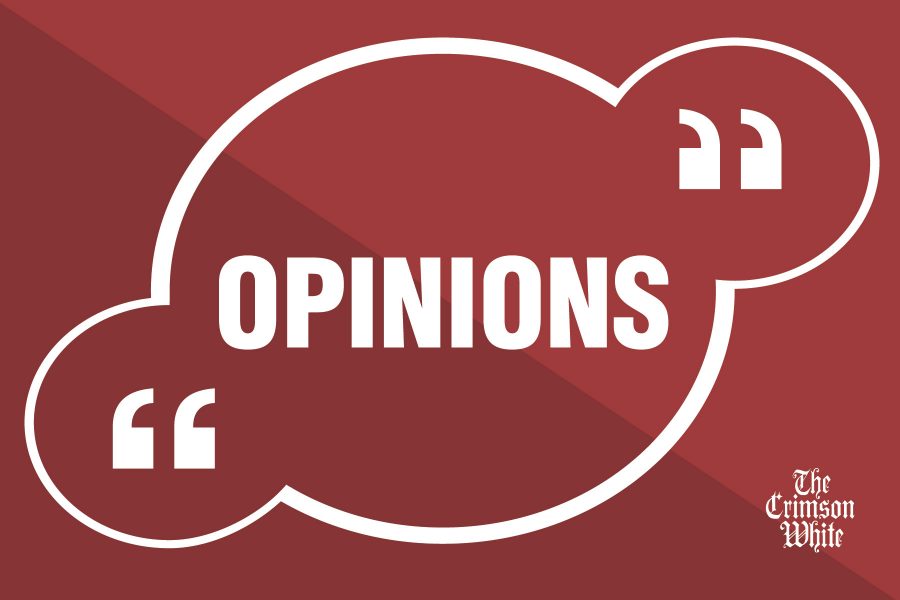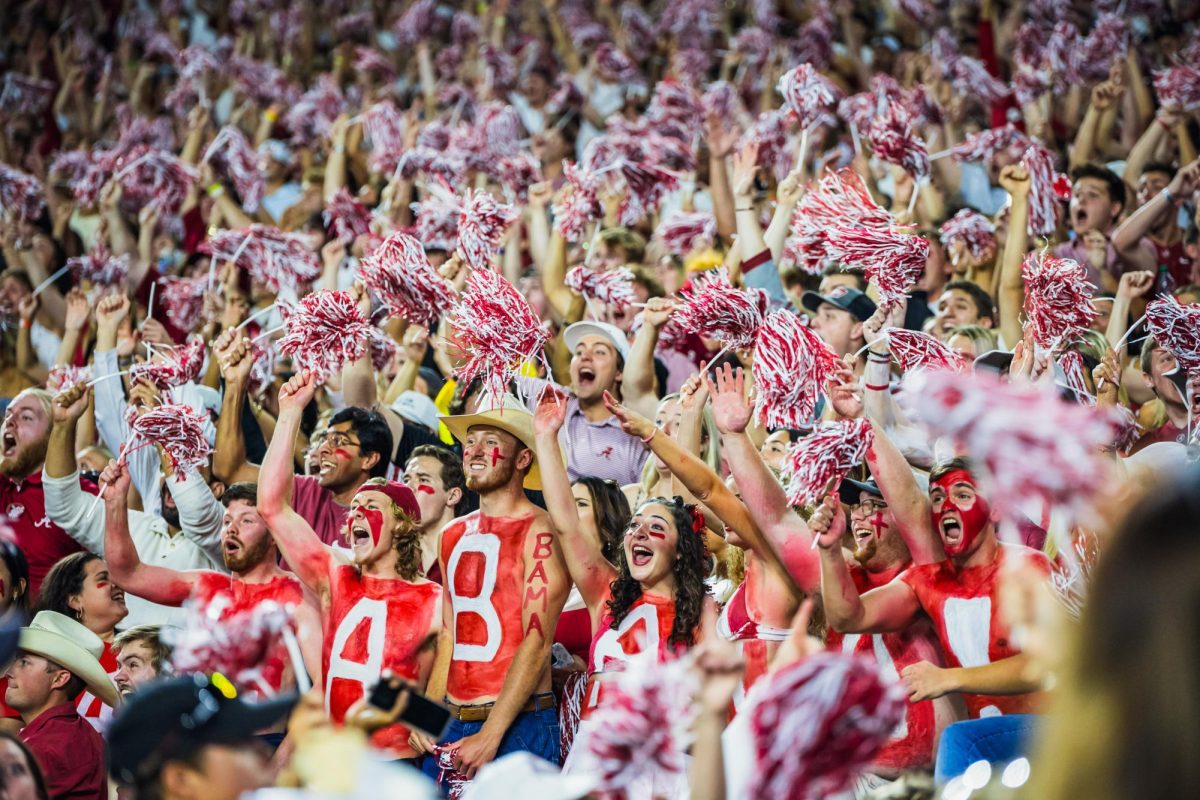The Super Bowl is the biggest stage in American life. Early television ratings indicate that more than 113 million people tuned into the big game two weeks ago—which, for context, amounts to more than one in three Americans. Given the colossal audience, you might reasonably imagine the Super Bowl to be a special, national, unifying moment. In another year, maybe that could have been true. Not this year.
Shortly after the New England Patriots’ astonishing overtime victory against the Atlanta Falcons, professional white supremacist and neo-Nazi Richard Spencer released a stream of tweets declaring the Super Bowl to be a glorious victory for the white race. Along the way, he cheerfully celebrated the fact that the Patriots are “consistently the NFL’s whitest team” and that “Belichick and Brady support Trump.” He signed off for the evening by sharing a triumphant photo of Tom Brady (whom he refers to as the “Aryan Avatar”) under the caption: “for the White race, it’s never over.”
These kinds of racist projections were once relegated to the outer crust of Twitter’s most degenerate and untraveled corridors. Now, we inhabit a society where Richard Spencer and his alt-Reich friends are prominent public figures who hold influence in our national politics. The past year has dramatically emboldened white supremacists and given them access to new audiences and platforms (including, lately, the National Security Council). One of the most troubling elements of this rise is that it has successfully drawn upon several familiar, historical sources of “justification” for America’s darkest chapters. One such “justification” is patriotism—and just like the Patriots in that fourth quarter, a foreboding sort of patriotism is making a comeback today.
Patriotism has a rich history of being exploited for violent, subjugating and unjust purposes in America. For example, it bears remembering how a certain kind of patriotism served as jet fuel to the genocide of indigenous peoples in the United States: while Americans systemically murdered, robbed and betrayed Native Americans, we sang praises to the glory of our God-sent “Manifest Destiny.” Another obvious case is slavery: while some signers at first opposed founding a government upon the enslavement of millions of people, they were eventually able to fulfill their mythologized patriotic duty to our young nation by forging the 3/5ths Compromise and splitting the difference on other peoples’ humanity. The list of historical cases where patriotism has been used to justify or glorify obscenities goes on ad nauseum. Patriotism is the favored trick of American history’s greatest used car salesmen, selling us again and again on what we’d come to regret (and often forget) later.
More recently, as a participant in the #BamaSits movement during our own football season, I had a front row seat (literally) to the ways in which patriotism is still used to silence dissent, to stifle critical thinking and to uphold the status quo of our nation’s racial hierarchy. The second time we sat through the anthem—peacefully, silently and specifically protesting the contemporary treatment of Black and indigenous people by government entities—we were surrounded by dozens of frantically brandished American flags and smothered by deafening chants of “USA! USA! USA!” At no point did our patriotic detractors, to my knowledge, articulate why opposing racism and violence should be considered antithetical to American values, nor why our sitting in the stadium should be considered an egregious sin against America when compared to the millions of viewers who remain uncontroversially seated on their couches at home.
Ultimately, these incongruences stem from the fact that patriotism is a floating signifier—it has no fixed or universally understood properties. It has no philosophy. It has no strictures. It has no definite meaning. It is instead, and merely, and powerfully, a tool. It is an amorphous mode of behaviors and rhetorics assumed to elevate a person’s cause. It is a quality claimed like a swaddling cloth—a quality strategically used to wrap any given beliefs or actions inside of an unassailable and indefinite shell rather than in their specific, individual, actual merits. In the age of “Make America Great Again,” recognizing the ways in which patriotism is exploited is an essential foundation for accurately assessing and responding to our political world. Trump, Bannon, Spencer and friends have already adopted narratives suggesting that they own patriotism. They have advanced rhetorics that frame those who dissent as “enemies.” We must reject those propositions and the hollow patriotism that they are shrouded in.
To be clear: I am not saying that you are a racist if you are a Patriots fan. What I am saying is that on that Sunday, Richard Spencer co-opted the Patriots in the same way that white supremacists have historically co-opted (and are now co-opting) patriotism. This is a deadly conflation with deep historical roots, and the symbolism of Spencer’s commentary should not be missed. We have to be wary of how our American institutions—even seemingly apolitical cultural institutions like the Super Bowl—can be, will be, have been and are being appropriated as dangerous political instruments. We must beware that the capital-P Patriots remain a football team and not the exclusive, chosen title for those who currently hold political power. We must be critical and specific, not trusting any given proposition merely because its messengers proclaim a monopoly on all things American. Because history warns us: patriotism is often used as a guise for doing things that can’t be hidden beneath even a hundred thousand American flags.
Dana Sweeney is a senior majoring in English literature. His column runs biweekly.









